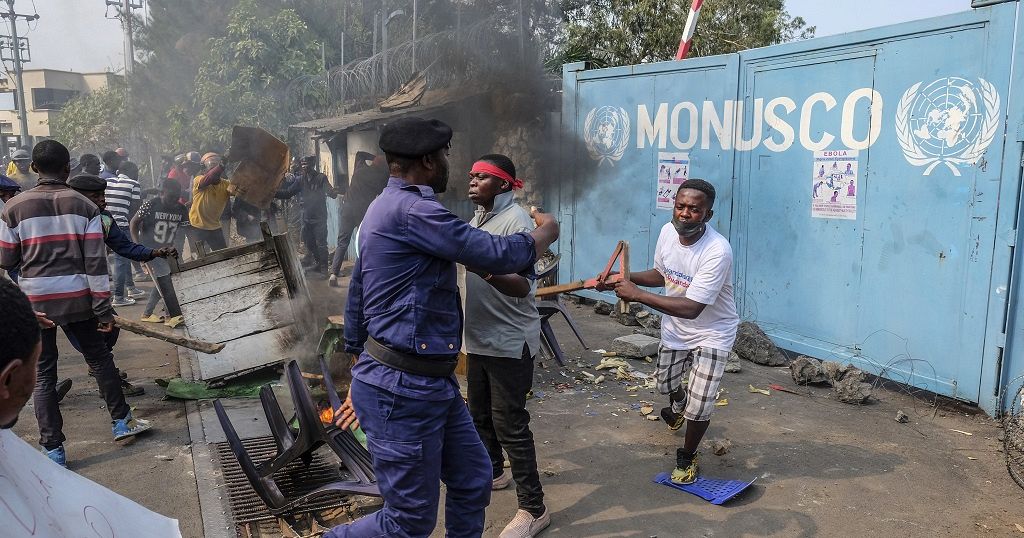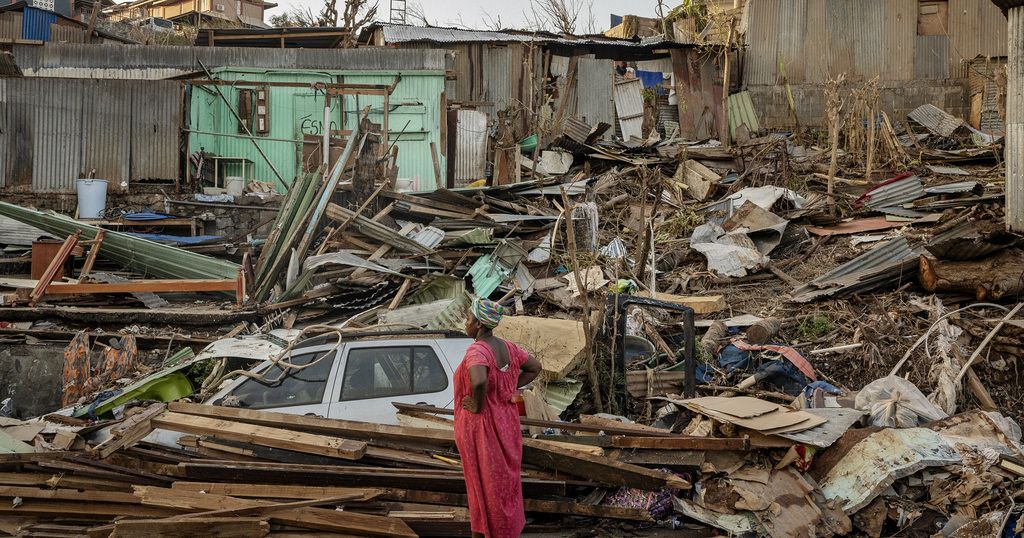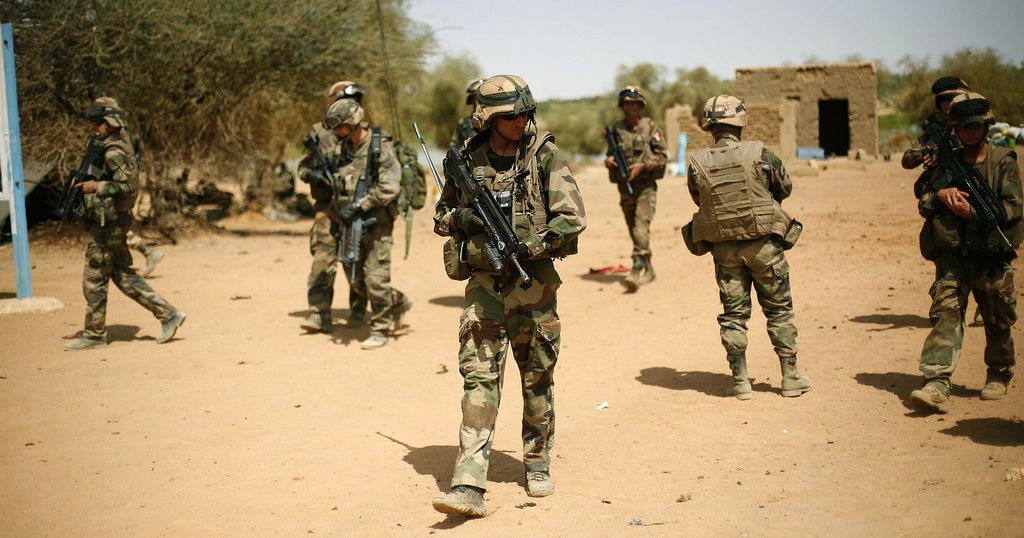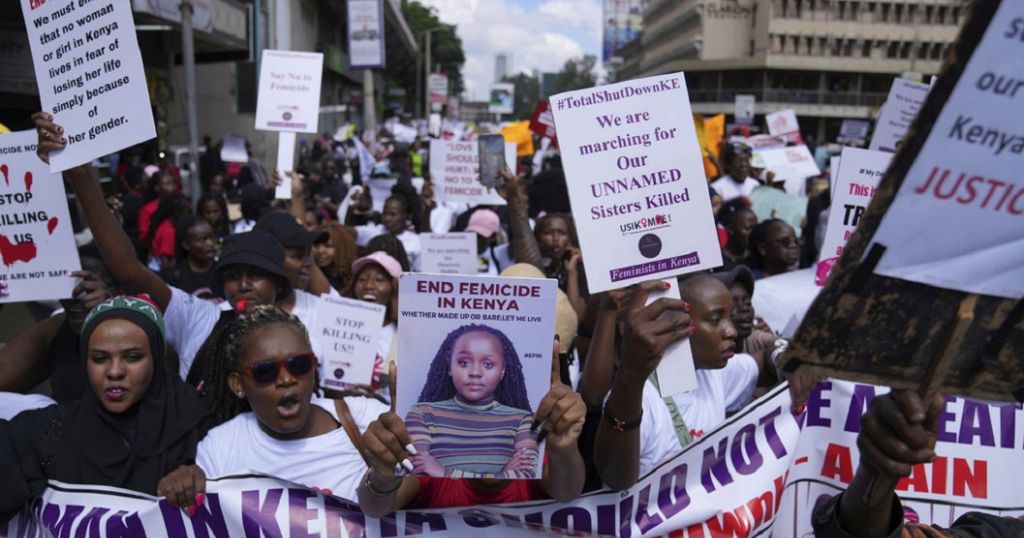Nigeria: displaced person camps under pressure
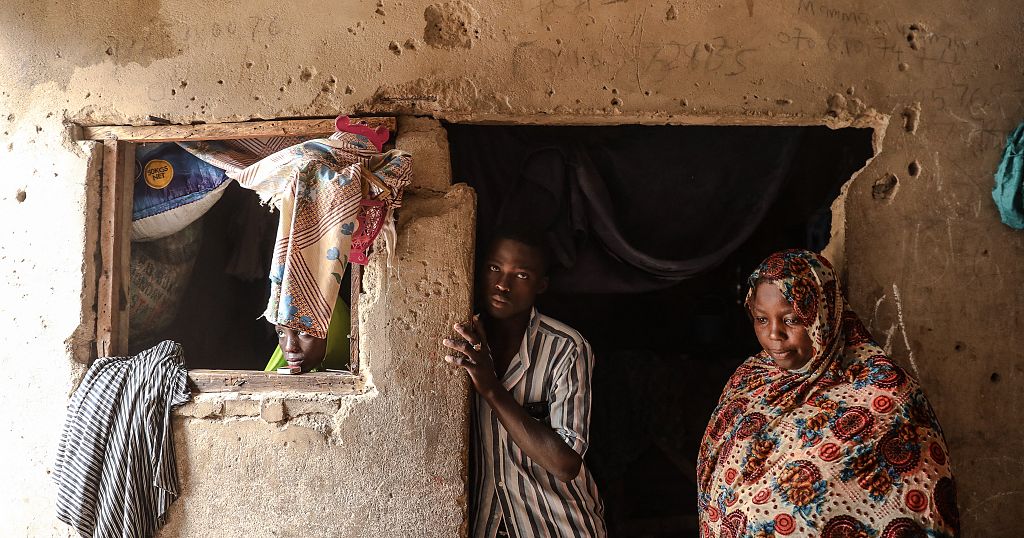
After authorities in northeast Nigeria closed a dozen camps for people displaced by the region’s jihadist conflict, the other camps are increasingly overwhelmed.
Authorities in the state of Borno last year shut the camps, saying they had secured the countryside. While the number of attacks have decreased in recent years, the jihadists remain active in the region and people have been forced to find refuge elsewhere.
Thousands have fled to Borno State capital, Maiduguri. The official camp GSSS was built to house 25,000 but now hosts 100,000, according to the United Nations.
Food insecurity
For Aisha Usman, 40, feeding her family is becoming increasingly difficult.
“If my village was peaceful, I would not spend one more day here. Men and women now spend their time under trees doing nothing because of the war,” Aisha says. “Before this violence, you would never find any grown-up girl at home but in the bush working to make a living. But now we have all been packed in one place, relying on aid, we are like in a prison.”
Around 4.4 million people face food insecurity in the northeast of the country, says the UN.
As a result, many people risk leaving the town for its outskirts on a daily basis, to collect wood or metals in order to be able to sell it.
With food aid also more and more scarce, Aisha has been left with no other option other than begging and sending her children to sell water on the streets of Maiduguri.
Dormant conflict
Of the jihadist groups most active in the region, the Islamic State of West Africa (ISWAP) is dominant, especially since the death in 2021 of Boko Haram leader Abubakar Shekau.
In mid-June, 11 farmers were killed in a village only 15 kilometres from Maiduguri, on the road to Damboa.
“The road between Maiduguri and Damboa is very dangerous because there are many ambushes,” says General Brigadier Omopariola, which further hinders food aid delivery.
For Omopariola, the conflict “is not over, it is dormant.”
Despite this, Borno State authorities plan to shut all remaining camps in the region by 2026, encouraging people to return to their villages and farmland.
The camps’ future closure worries NGOs who say that it is still unsafe for people to return.
Source: Africanews







